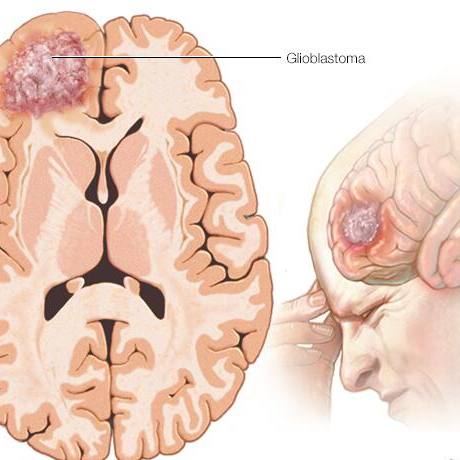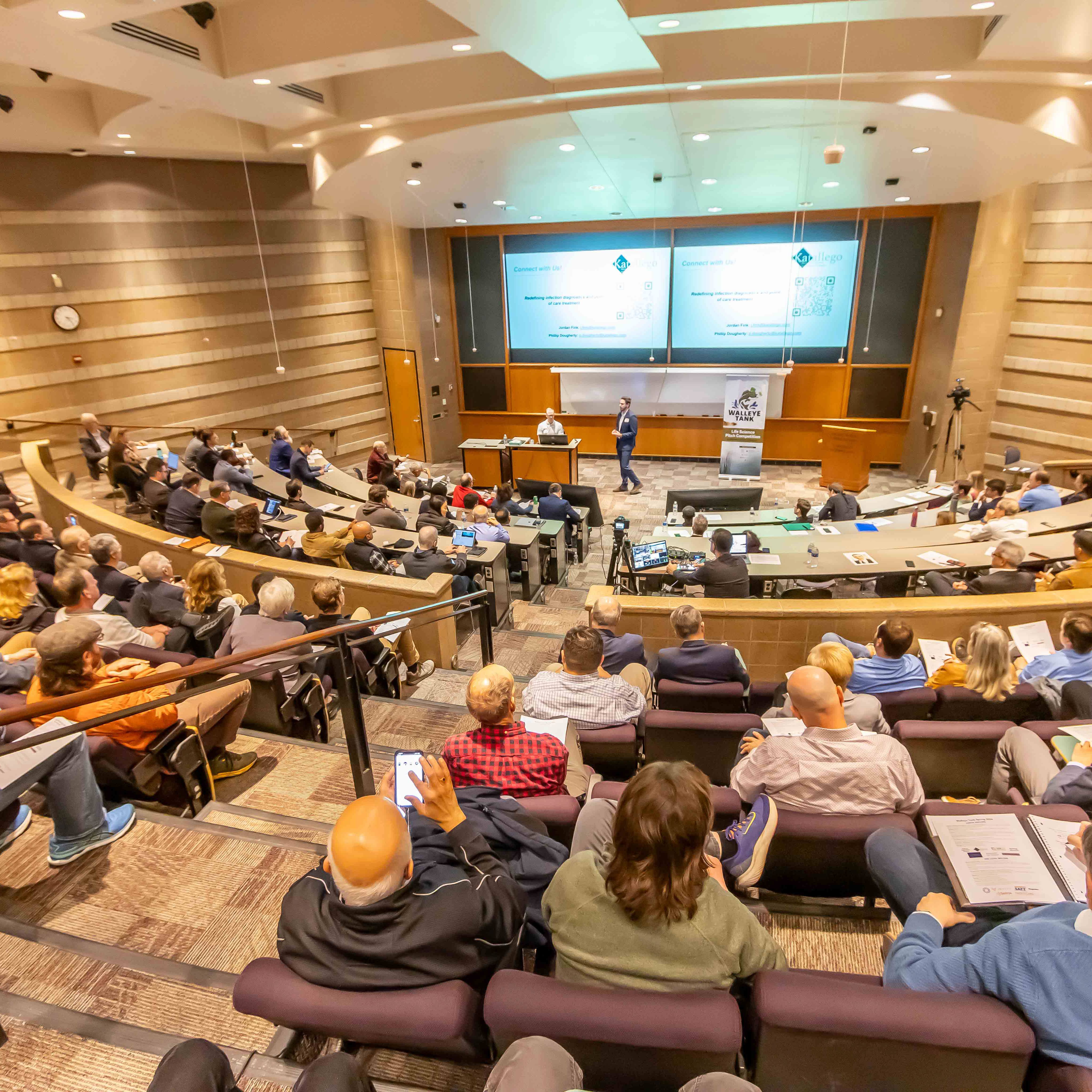-
Research
Clinical trials are a way of ‘paying it forward’ to your own community
By Kathi Hansberry, Mayo Clinic Community Engagement in Research Advisory Board member
Editor's note: Mayo Clinic advances health equity by involving communities in research that addresses their health concerns and aims to reduce health disparities. This article is the second in the Raising Up Community Voices in Research series. This series is written by community members who collaborate with Mayo Clinic researchers on community-driven medical research.
In this article, Kathi Hansberry shares her thoughts and experiences on the importance of increasing the number of Black people who participate in clinical trials. Hansberry is a nurse and a longtime member of the Mayo Clinic Community Engagement in Research Advisory Board in Jacksonville, Florida. This board brings together people with broad experience relevant to medical research, including scientific and cultural knowledge. The board provides consultation and guidance to Mayo researchers on the design, conduct and dissemination of their research.
My nearly 40-year career as a nurse has given me the opportunity to work in a variety of medical specialties. Nursing has been such a rewarding profession because I can see the direct benefit of caring for my patients, meeting their needs and contributing to optimal levels of health.
I became involved in research more than 10 years ago when another member of Mayo's Community Engagement in Research Advisory Board asked me if I would consider joining. I was pleased to accept the invitation because I saw it as an opportunity to learn more about how to meet the needs of patients through research.
What I wish more Black patients and their families knew about organ donation — and about clinical trials

During my nursing career, I've been part of health care teams working with families whose loved ones were declared brain dead. And I've seen families struggle with the decision of whether to consider organ and tissue donation for a loved one.
While I've been on the board, I've seen similar struggles in people trying to decide if they should participate in clinical trials. The situations have a lot in common, and I've observed that Black patients and families are often similarly reluctant to participate in organ donation and clinical trials.
Why? I think there's a lack of trust in the health care system and a widely held perception that the system is not set up to benefit Black people.
I would often think how I wished these families knew the number of Black patients on transplant waiting lists. Would it change their decision if they knew there was a high likelihood that their organ or tissue donation might benefit another Black person in their community? Would it help them to hear that information from a Black nurse like me?
Maybe.
There are a lot of families who feel comforted knowing that a loved one's death can mean new life for someone else. I want Black families to experience that comfort.
The same thing is often true when it comes to clinical trials. Clinical trials are used to find solutions for unmet patient needs, and they have the greatest benefit when people of all races and ethnicities are represented. So for clinical trials to benefit everyone, it's important for Black people to participate.
Unfortunately, Black people are often reluctant to do so. They remember the Tuskegee syphilis experiment, where Black males were untreated for syphilis and given placebos instead of treatment. This unethical testing led many Black people to distrust the system. These worries have persisted, even though processes are now in place in research to prevent participants from being taken advantage of.
We spend a lot of time on the research advisory board talking about how to build trust and promote more inclusive participation in clinical trials. I believe the answer will require Black people educating each other about clinical trials. We need to have intense and intimate conversations with the people we know in our communities.
What do I say when people ask me about clinical trials?
When people in my community ask whether they should consider participating in clinical trials, I advise them to have an open mind; ask questions if they have concerns; and speak with a trusted family member, friend or health care professional so they can make an informed decision as to whether they should consent to participation.
I also tell them my personal feelings about clinical trials, which are based on how the research may benefit generations to come — that the benefits are "much bigger than me." You're paying it forward. While you may not directly benefit from participating in research, successive generations, including your family members, could be the beneficiaries.
###








